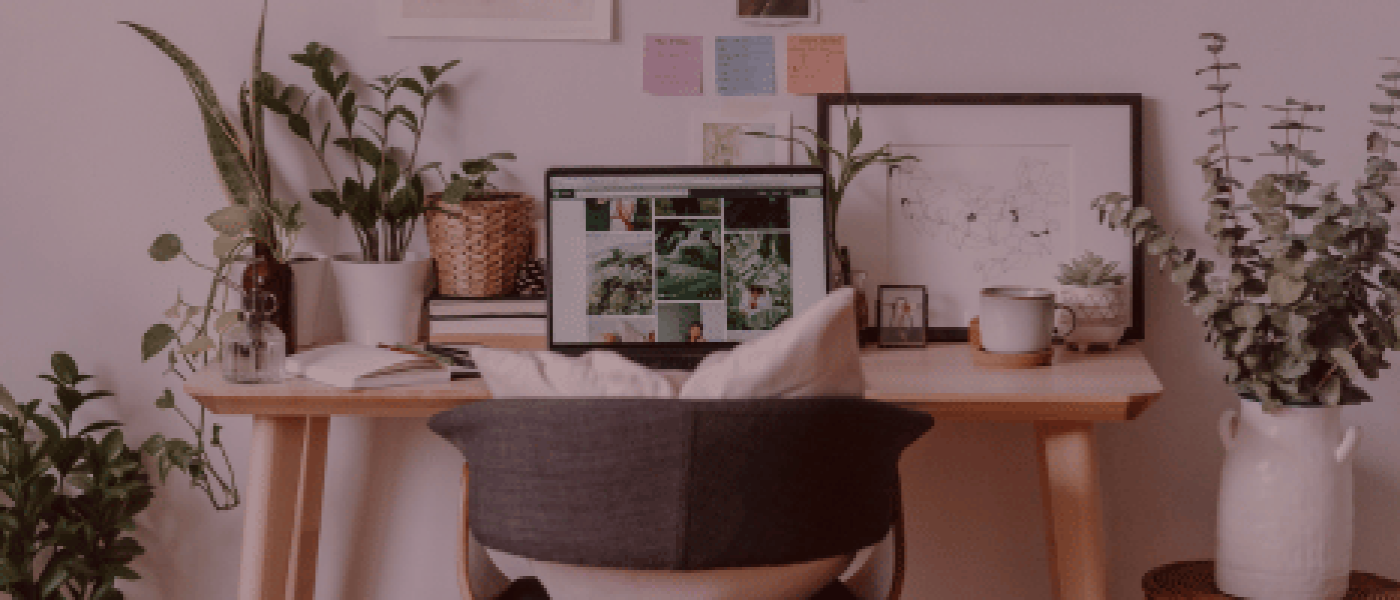In the competitive world of coaching, building a strong personal brand is essential to stand out, attract clients, and establish yourself as an authority in your niche. A personal brand is more than just a logo or a catchy tagline; it’s the unique combination of your skills, experiences, and personality that sets you apart. Here’s the ultimate guide to building a personal brand as a coach.
1. Define Your Niche and Target Audience
Your personal brand should reflect the specific area of coaching you specialize in and the audience you serve. Whether you’re a life coach, business coach, fitness coach, or any other type, clearly define your niche. Understand the needs, challenges, and goals of your target audience to tailor your brand to their expectations.
2. Identify Your Unique Selling Proposition (USP)
Your USP is what makes you different from other coaches. It could be your unique coaching approach, a particular methodology you’ve developed, or your personal journey that led you to coaching. Identify what makes you unique and weave it into your brand narrative.
3. Craft Your Brand Story
A compelling brand story can humanize your brand and create an emotional connection with your audience. Share your journey, the challenges you’ve overcome, and the experiences that have shaped you as a coach. Be authentic and let your personality shine through your story.
4. Create a Professional Online Presence
Your online presence is often the first point of contact with potential clients. Ensure your website, social media profiles, and online content reflect your brand. Use professional photos, consistent colors, and fonts, and a clear, engaging tone of voice.
- Website: Your website should be user-friendly, visually appealing, and provide all the necessary information about your services, credentials, and how to contact you. Include a blog to share valuable content and improve your SEO.
- Social Media: Choose platforms where your target audience is active. Post regularly, engage with your followers, and share a mix of content that showcases your expertise, personality, and success stories.
5. Develop Valuable Content
Content is a powerful tool for building your brand and demonstrating your expertise. Create and share high-quality content that addresses the needs and interests of your audience. This could include blog posts, videos, podcasts, eBooks, and webinars.
- Blog Posts: Write articles on topics relevant to your niche. Offer practical advice, share insights, and answer common questions.
- Videos and Podcasts: These formats allow you to connect with your audience on a more personal level. Share tips, conduct interviews, and offer coaching sessions.
- EBooks and Webinars: Provide in-depth knowledge on specific topics. These can also be used as lead magnets to grow your email list.
6. Network and Collaborate
Building a personal brand also involves networking with other professionals in your industry. Attend conferences, join coaching groups, and participate in online forums. Collaborate with other coaches, guest post on their blogs, or co-host webinars to expand your reach.
7. Gather and Showcase Testimonials
Social proof is crucial for building trust and credibility. Collect testimonials from your clients and showcase them on your website and social media. Case studies and success stories can also be powerful tools to demonstrate your effectiveness as a coach.
8. Engage with Your Audience
Engagement is key to building a loyal following. Respond to comments and messages, ask for feedback, and show appreciation for your audience’s support. The more you engage, the stronger your connection with your audience will become.
9. Stay Authentic and Consistent
Authenticity and consistency are the cornerstones of a strong personal brand. Be true to yourself and your values. Consistently deliver on your promises and maintain a cohesive brand image across all platforms.
10. Continuously Improve and Evolve
The coaching industry is always evolving, and so should your brand. Stay updated with the latest trends and best practices. Continuously seek feedback and look for ways to improve your services and brand.








